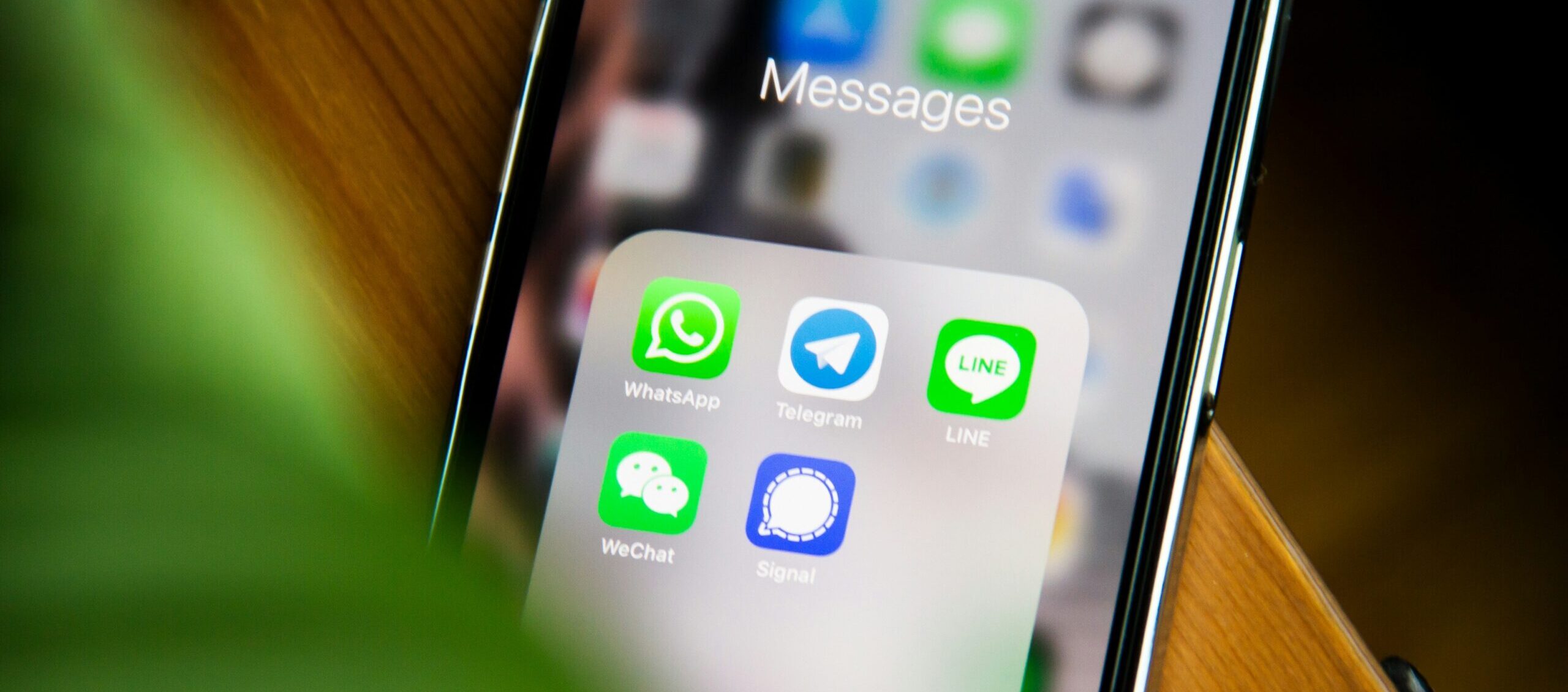WhatsApp has emerged as a game changer in the debt collection process. With increased contact rates and improved customer experience, we discuss this popular channel.
With around 13 million active users in Australia this year, WhatsApp is one of the most popular messaging apps in the world. Featuring instant messaging and the ability to share multi-media such as photos and videos, the app has good security and privacy measures.
They also offer a bespoke business solution which provides many solutions such as interactive conversations (through a bot) – these automated flows can help those businesses with high volume inbound requests and via an API can also enable for smart routing from conversations when the customer requires a live agent.
Why choose WhatsApp for collections?
The attractiveness of WhatsApp as a debt collection tool lies in the ability to drive efficiencies whilst also meeting compliance requirements. Over 80% of messages are opened within five minutes of being sent, making for high contact rates and less time spent trying to contact debtors.
Trevor Greenhill, Managing Director at Cloud Payment Group, said digitising debt collection was a priority in the industry,
“Whilst email, SMS and mobile phones have been an integral part of moving the debt collection industry on from traditional letters and door knocking, there is a great deal of pressure to continue to evolve and reduce costs. The features offered by WhatsApp provide the ability to offer a better customer experience at a fraction of the cost of the more traditional methods of debt collection and is more likely to improve the outcomes of collections.
I think it’s particularly useful for low-risk debtors.”
Recent research from McKinsey, collection rates through traditional channels such as mail and phone are becoming slower, whilst contact through digital channels of the debtors choice such as text message increased collection rates by 12%.
With extensive automations available through WhatsApp including multilingual messaging, QR code features for ease to pay or to set up a payment plan, plus an ability to upload proof of payment, it’s now much simpler to build a case to use this channel.
Can WhatsApp improve compliance?
We know that compliance is a priority in the collections industry, ensuring ethical and fair practices – so how can the use of WhatsApp help?
With the help of third-party software which integrates WhatsApp, collections agents are given the ability to manage debt portfolios to ensure compliance with contact frequency guidelines. Personalisation which includes not only debt details, but also specific debtor preferences and restrictions can be integrated. It also provides a written record of conversations to ensure these are recorded for compliance purposes.
Once aspect of WhatsApp Business API has particular appeal to Trevor,
“We are all aware that any help we receive to ensure compliance is always welcome. The WhatsApp Business API requires that each message template must be approved by WhatsApp before use. They check this not only against their own policies but also sense check to ensure that the communications aren’t deceptive, invasive or violates privacy.
I think it’s a reassuring check point in the changing digital landscape we have found ourselves in.”
When reflecting on the next stage for the industry, Trevor retains an optimistic outlook,
“Looking to the future, digital based collections strategies that incorporate WhatsApp and other messaging services are going to evolve. The more we integrate AI and our learnings become more advanced, we will need to embrace personalised collection strategies – whilst it’s challenging to adapt to a new environment, it’s also incredibly exciting to move towards a customer centric approach in debt collection.”

